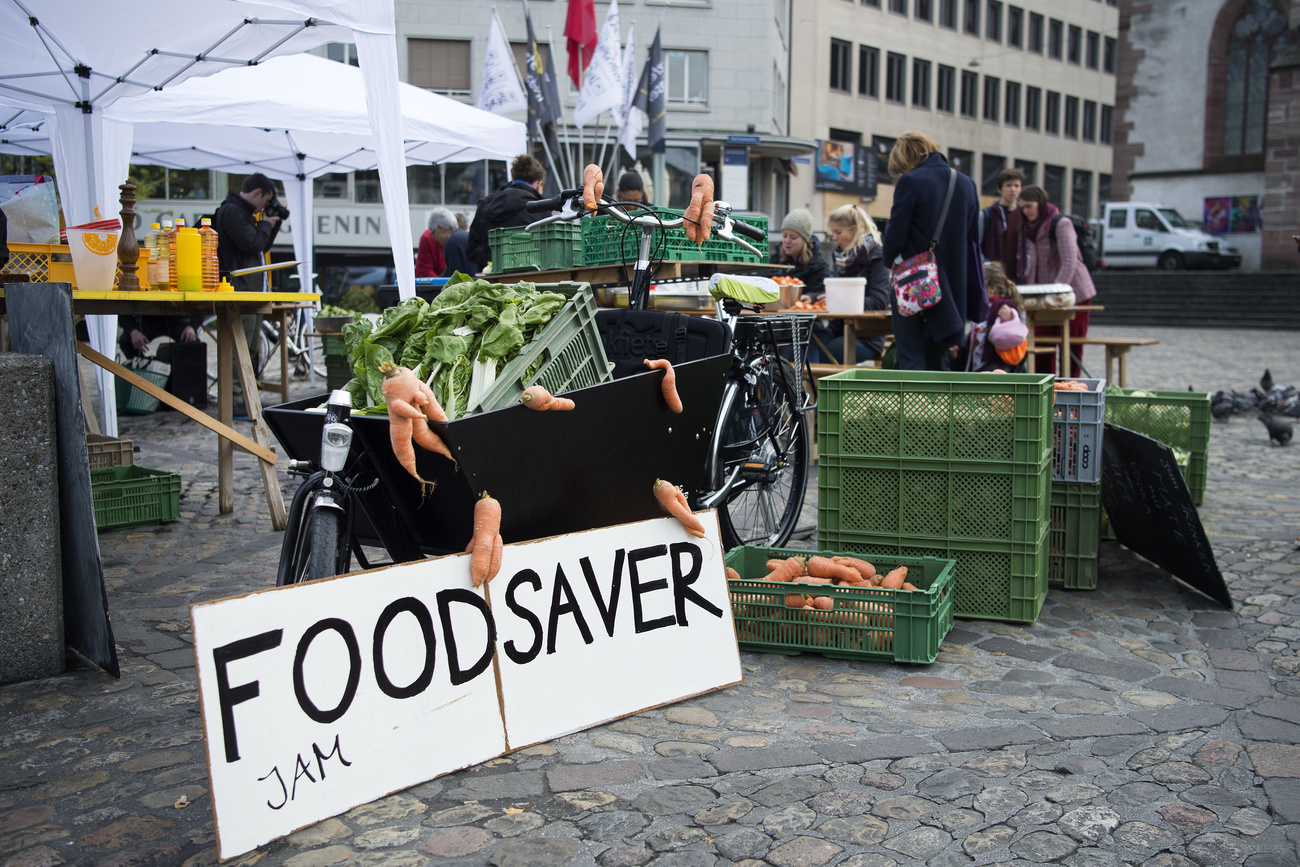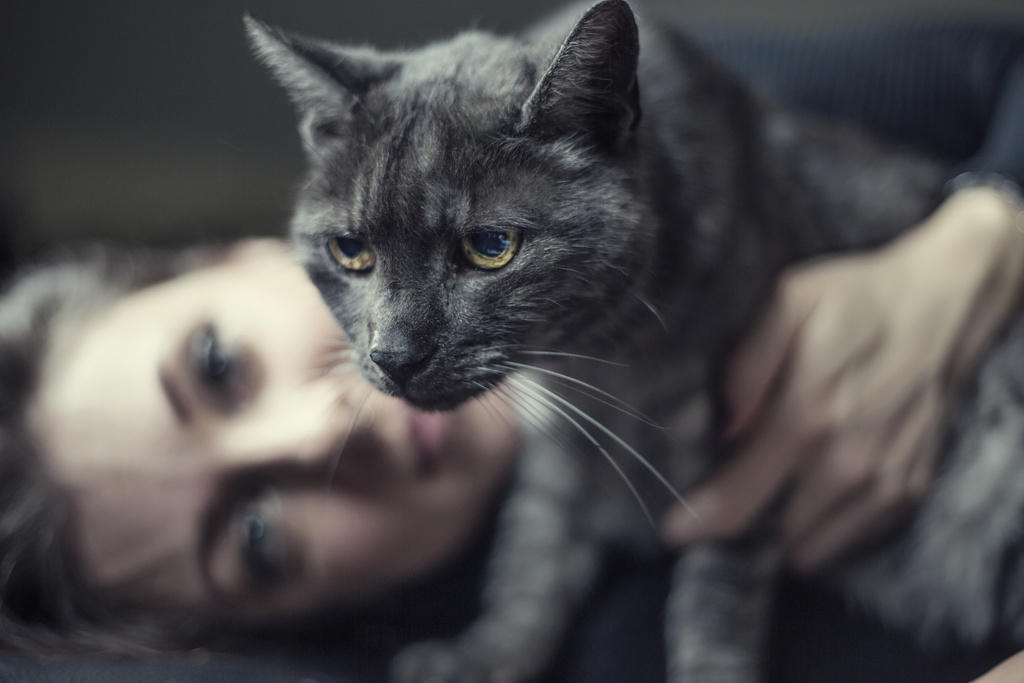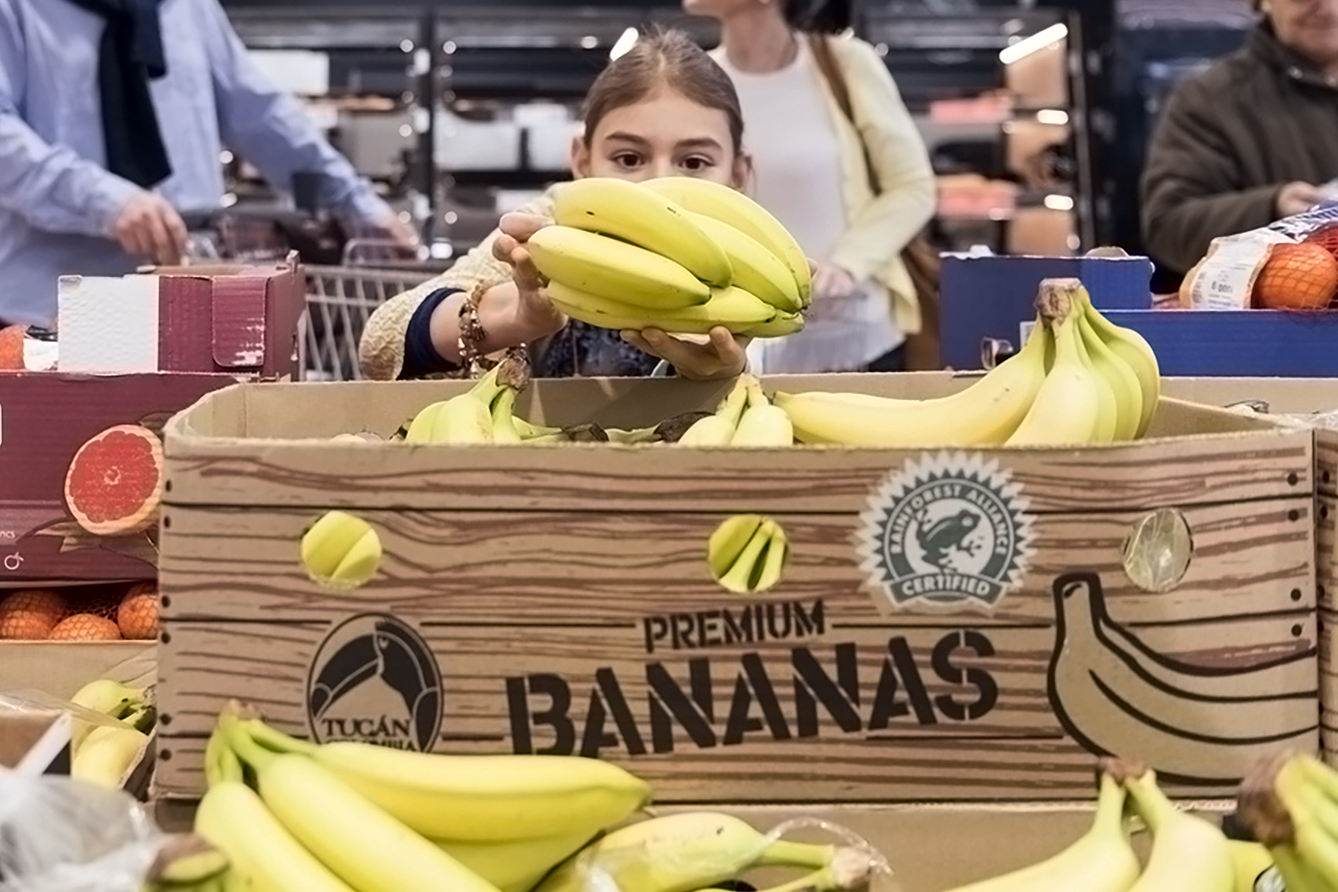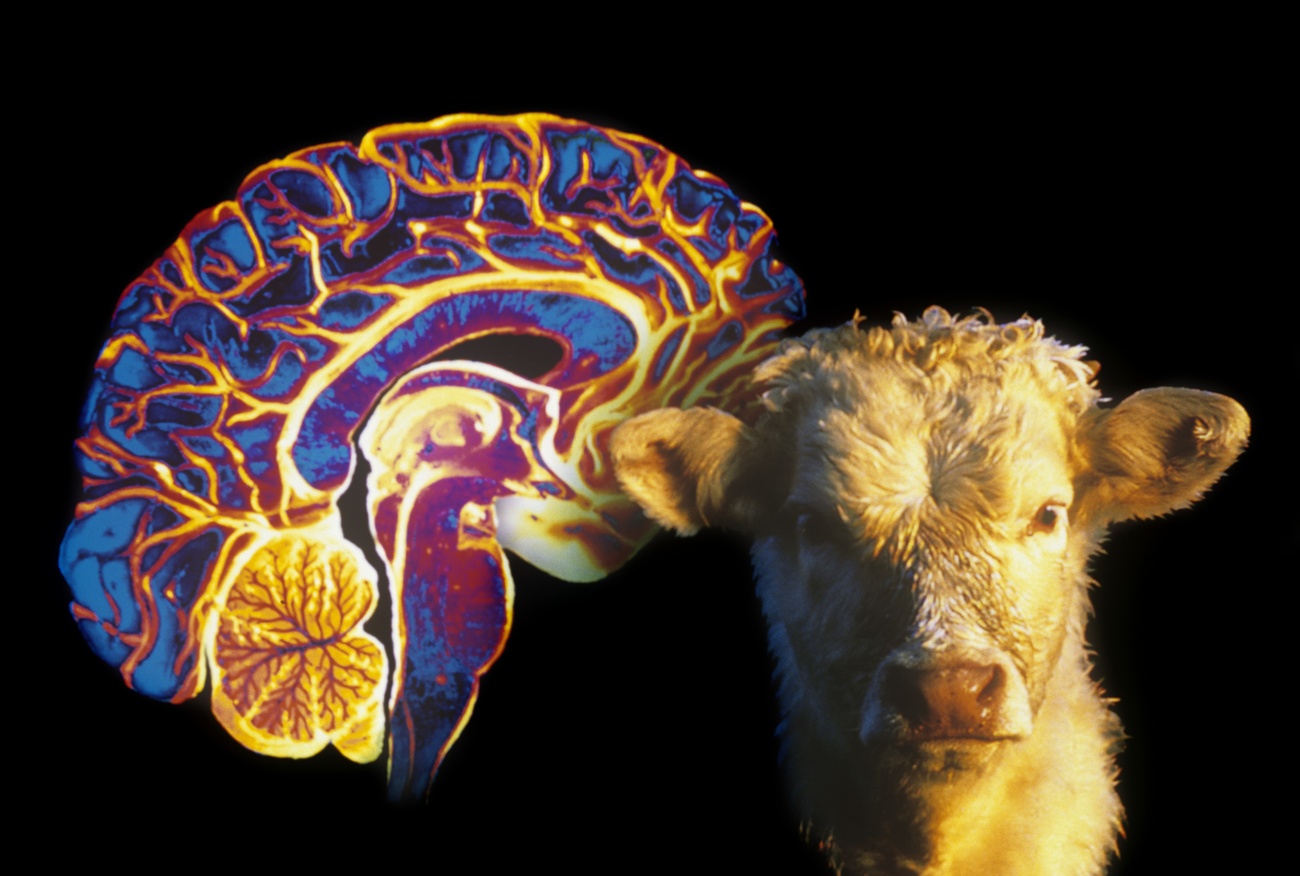New Swiss food regulations for 2024: bread, chemicals and food waste

A revised law on foodstuffs will come into effect from February 1. Here’s what consumers of Swiss food products need to know.
The revision includes changes to 25 ordinances and impose stricter limits on the use of certain chemicals, promotes greater transparency for consumers and is better for farm animal welfare. Some of the changes have also been made to harmonise Swiss regulations with that of the European Union and meet Swiss commitments to reduce food waste. Here are the most significant changes.
More transparency for baked goods
As of February, bakeries, restaurants and retail outlets will have to declare the origin of baked goods sold on their premises. The declaration has to be clearly visible to the consumer.
The wholesale import of baked goods such as bread and croissants has risen by 65% over the past decade, including frozen products.
Imposing maximum limits on ‘forever chemicals’
Per- and polyfluoroalkyl substances (PFAS) are a group of chemicals that are used in plastics, waterproof clothing and fire-fighting foams. They do not degrade easily and as a result eventually enter the environment and food chain. This is why they are referred to as “forever chemicals”. PFAS can affect the development of foetuses and babies and also have negative consequences on the immune system of adults.

More
‘We must break the taboo that ‘forever chemicals’ are indispensable’
The Swiss government has therefore decided to set maximum levels for PFAS residues in certain foods in line with EU regulations. This will apply to eggs, meat, certain species of fish, crustaceans and bivalve molluscs. Manufacturers and distributers have to check the levels of PFAs in their products and the cantons will be responsible for enforcing the regulations.
Combating food waste
Switzerland generates around 2.8 million tonnes of food waste per year, which corresponds to 330kg per resident. The Swiss government has committed to reducing food waste by half by 2030 compared to 2017 levels. Around 8% of all Swiss food waste comes from the wholesale and retail trade.

More
Swiss adopt nationwide food waste reduction plan
Until now, bakeries and supermarkets were allowed to redistribute surplus food to charity organisations but there were no legal obligations in terms of food safety norms. From February the revised law creates a legal framework under which redistribution of unsold food can be allowed. This includes creating some leeway on food safety requirements such as a simplified allergen labelling system.
Making on-farm slaughter easier
Since 2020, farmers in Switzerland have been allowed to slaughter livestock on the pasture or the farm instead of sending live animals to slaughterhouses. This allowed the animals to stay in a familiar environment until the end of their life and reduced their stress.
However, there is a catch. For hygiene reasons, the carcass must be transported to a slaughterhouse for processing within 45 minutes of the animal being killed. This restricted the more humane option to farms that are located close to slaughterhouses. The new legislation will double the deadline to 90 minutes, giving more farmers the option of slaughtering their own animals.
“In this way, food safety is still guaranteed and killing animals in pastures and on farms is made easier, as it allows more time for slaughter,” the Food Safety and Veterinary Office said.
Ban on foie gras imports?
In September 2023, the Swiss parliament voted against a motion calling for a ban on importing foie gras. The justification given was that a Swiss ban would probably push gourmands to shop for the fatty goose liver in neighbouring France. Instead, parliamentarians decided that the imports should be declared and explicitly labelled as foie gras.
Three months later, the Swiss Animal Alliance collected more than 100,000 signatures to propose a complete ban on the import on foie gras. This means that the issue will be put to a public vote.

More
How well are Swiss animals protected?
Edited by Virginie Mangin
This version of the article was updated to correct errors flagged by the Food Safety and Veterinary Office.

In compliance with the JTI standards
More: SWI swissinfo.ch certified by the Journalism Trust Initiative












You can find an overview of ongoing debates with our journalists here . Please join us!
If you want to start a conversation about a topic raised in this article or want to report factual errors, email us at english@swissinfo.ch.